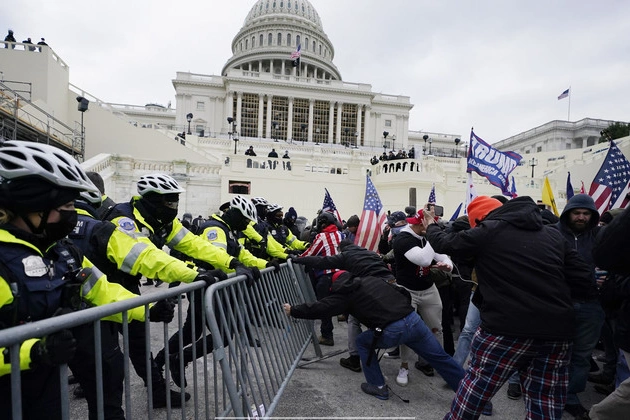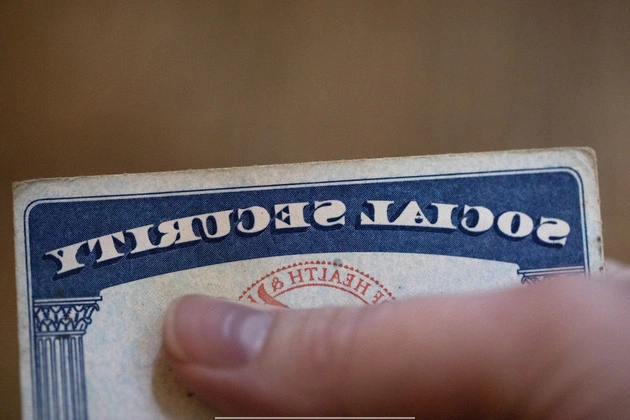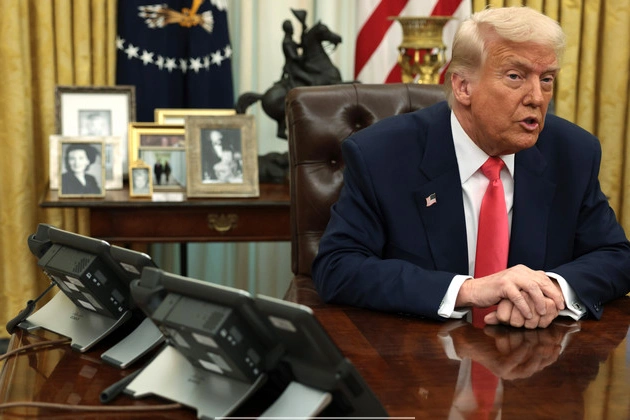
The Justice Department’s recent legal stance reveals that President Trump’s clemency for Jan. 6 rioters now extends to unrelated crimes discovered during FBI searches post-Capitol attack.
In court filings this week, federal prosecutors moved to dismiss gun charges against two former Jan. 6 defendants, citing Trump’s Day 1 executive order granting mass clemency to Jan. 6 defendants.
Expansive Interpretation of Trump’s Clemency
The order pardoned around 1,500 individuals convicted of offenses linked to the Capitol events on Jan. 6, 2021. It directed the attorney general to drop all pending prosecutions related to those events.
This broad reading of the clemency order represents the latest effort to exonerate Jan. 6 defendants, characterized by Trump and his supporters as political prisoners.
Case Examples: Ball and Costianes
Two defendants, Daniel Ball and Elias Costianes, had their Jan. 6-related charges dropped under Trump’s clemency. However, separate charges of illegal weapon possession surfaced during Jan. 6 searches.
Subsequently, prosecutors sought to drop these new gun-related cases invoking Trump’s executive order.
For instance, Ball, initially released under Trump’s order, faced rearrest in Florida over firearm possession, leading to further legal maneuvers.
Current Legal Developments
Costianes, having pled guilty to firearm possession, saw the Justice Department move to shorten his prison term. Similarly, Dan Wilson’s firearms charges are under scrutiny post-Trump’s clemency.
Judicial interpretations vary regarding the extent of Trump’s pardons, with some cases still pending resolution.
Future Implications
As the legal landscape evolves, questions remain about the scope and impact of Trump’s clemency on Jan. 6 defendants facing unrelated charges.















